As a Serious Play (using playful methods for serious ends) practitioner, my biggest challenge is convincing some folks how “play” is important in a business-related environment. To that end, this will be the first in a series of articles that show how play in our lives is a vibrant force for both personal and organizational success.
There was a time when employment applicants, especially younger ones with limited employment experience, were encouraged to round out their resumés with their “hobbies and interests.” Over time, this section was regarded as “fill,” with little relevance to the employer and the employment applicant.
As we move towards the skills-based resumé, the role of “hobbies and interests” (I would call it Relevant Personal Experiences today) can once again find its rightful place on the resumé, providing a vital addition to the standard professional resumé for many applicants, no matter what stage of their career journey. As well, potential employers will benefit as they look outside of the box for the skills and values that they are seeking for their workplace.
Three Examples of the Power of Play in our Work Life and Resumé
A while back I was asked to be part of a resumé review event for graduating university students. I had but 5 minutes with each student to review their resumé and provide any comments I thought were appropriate. After two students, I noticed that almost none of them had listed any outside interests, and if they had, they had limited their description to individual words stating what their hobbies or interests were. I asked one student why she had chosen not to list her hobbies and interests and the reply was, “we were told to leave it out because employers don’t care about that.” Yikes!
Now, to be fair, when most applicants list hobbies and interests, they are not much use for employers because they fail to elaborate on what relevance they have to the position being applied to. And, unfortunately, many potential employers are preoccupied with what is on the resumé, not with what isn’t on it. Let me show you what applicants (and potential employers) could be missing when we leave out the play in our lives from our resumés.
The Classical Indian Dancer
The first student had listed one of her two relevant personal experiences as “dance.” I asked her if she enjoyed clubbing. She said, “no I’m a classical Indian dancer.” In the next two minutes, she described how she is the founder and leader of a traditional Indian dance troupe. They perform in front of very large crowds and for important cultural events. I quickly had her debrief what this “hobby” gave her in terms of marketable skills. The answers were leadership, organization, discipline, public presentations, marketing, resilience… in short, she had left out something that showed more about her and her skill sets than the rest of her resumé combined. She was stunned at the thought that this could show something about her for employment purposes.
The Political Columnist
The following student listed nothing in this category, but when I asked her if she had anything noteworthy, she looked puzzled then mentioned she wrote a blog about political and current affairs. I asked her to pull the blog up on her phone so I could quickly view it. It was brilliant. Her writing skills were exceptional (her resumé was non-descript), her insights into current events were more than showed a keen insight into the subject matter Her writing demonstrated her tremendous critical thinking skills and analytical skills. They were also a window into her value base, one that made me say to myself, “this is a person who would be a fit for my organization.” We quickly debriefed about what this told others about herself and how she could extract and show entire value and skill sets from it. She left to re-do her resumé.
The Wedding Planner
The final student told me she was an aspiring special events coordinator, although her resumé showed no formal experience with that. When I asked her why she had chosen this professional path, she told me that she really enjoyed doing it for people in her life. I asked her to elaborate. She went on to tell me she had volunteered to organize the weddings of some friends and most recently, her sister. She then went into great detail about the events, especially her sister’s wedding, which had 400 people in attendance! When I asked her how the events went, she beamed and said “great!” But none of this was on her resumé?! Her sheepish reply was that she didn’t think she should list it because she wasn’t paid (interviewer facepalm). She came in with nothing but left with the foundation of a resumé that would gain her entry into her field in a big way. She was amazing, but neither she nor a potential employer would be aware of it based on her resumé.
Play is Powerful
In each of these cases, you can see how a lack of awareness of the role of play in our lives can compromise one’s resumé and employment opportunities. These are things that we do just because we love to do them, and often with a high degree of skill. Identifying meaningful play-related knowledge and skills and your ability to port skill sets from area to area is a skill unto itself. So, no matter what style of resumé you use, take a look at the role of play in your life, ask yourself what skills, values and knowledge each has given/gives to you and think about how they fit with the position at hand. And employers, if you don’t see “play” on an applicant’s resumé, ask them. It’s an entrance into a gold mine of skills and a window into who the applicant really is.
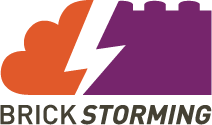

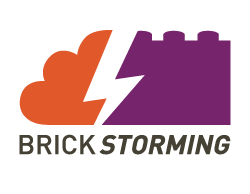

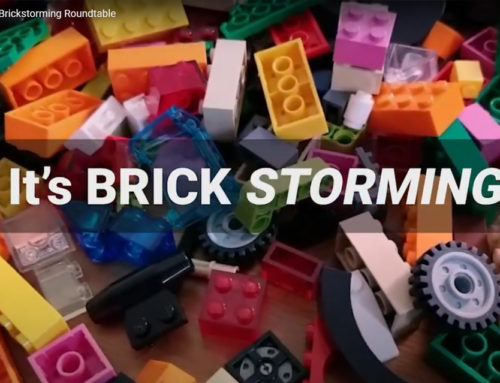
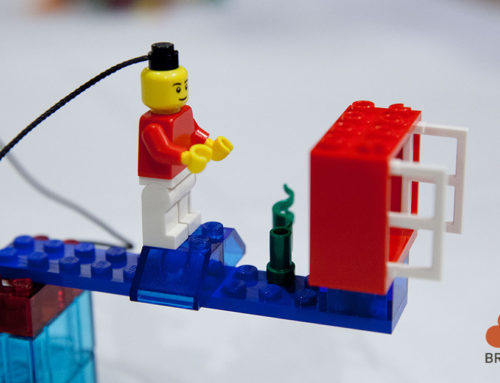
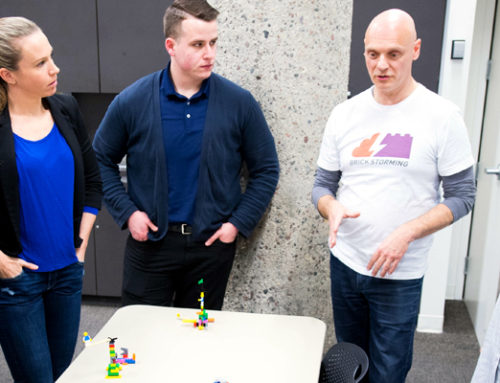

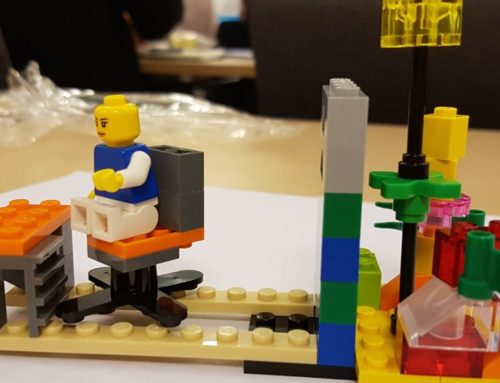
Leave A Comment